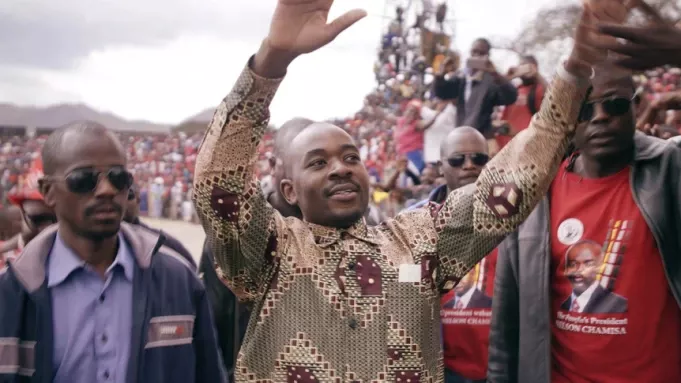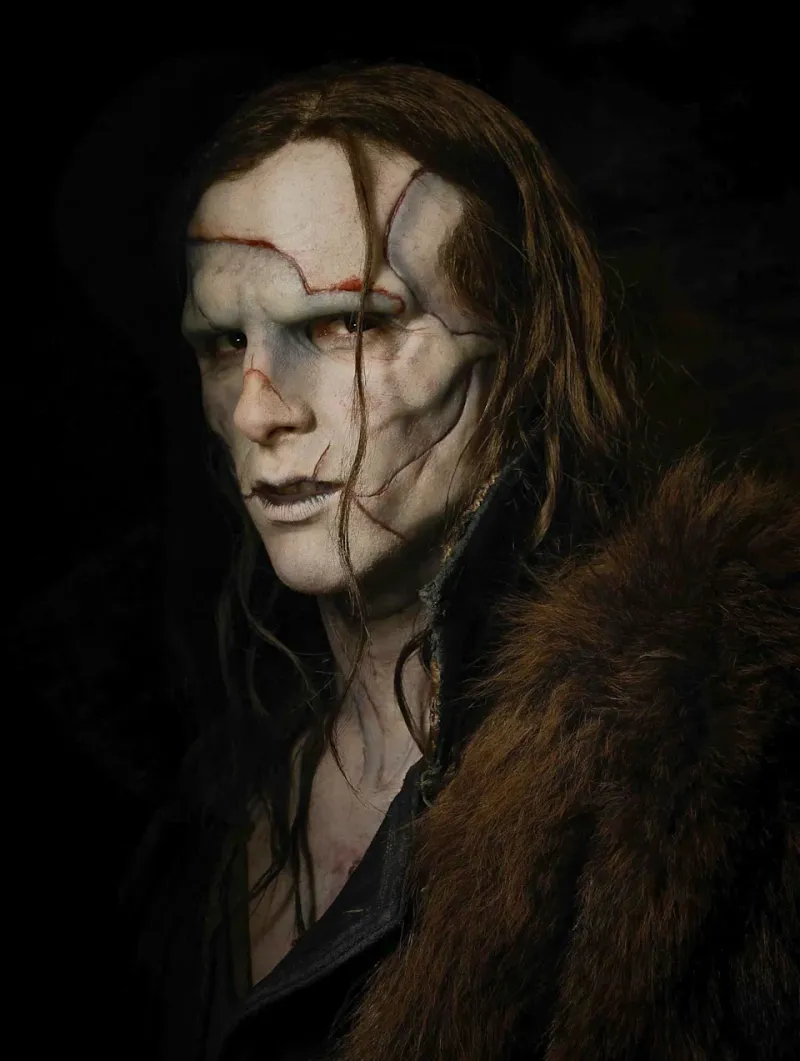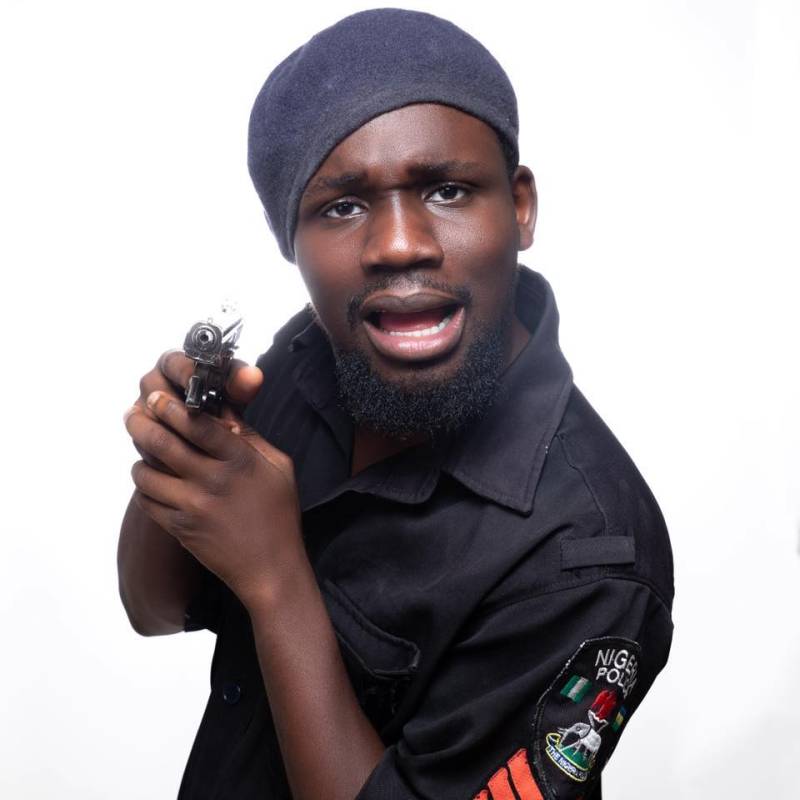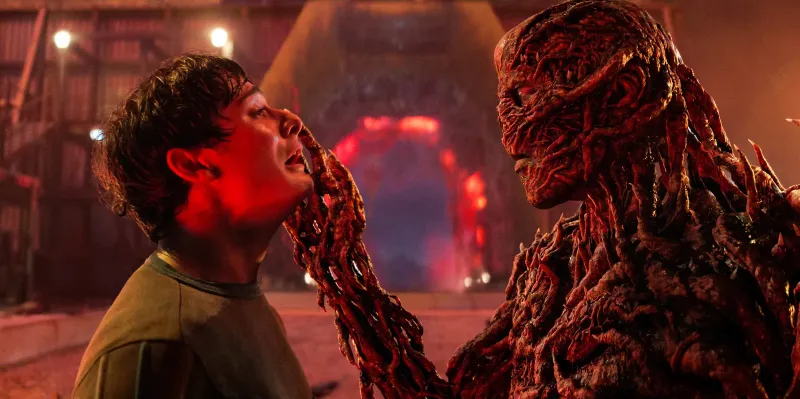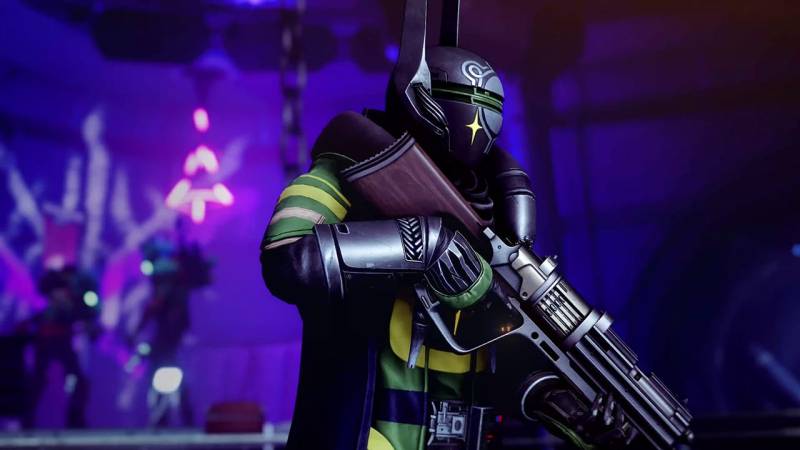The government of President Emmerson Mnangagwa says Camilla Nielsson’s documentary, which examines evidence of voting fraud during Zimbabwe’s 2018 elections, has the "potential to incite violence."
The government of President Emmerson Mnangagwa of Zimbabwe has banned Camilla Nielsson’s award-winning political documentary President, saying the movie, which details alleged election fraud and violence during Zimbabwe’s 2018 presidential elections, has the “potential to incite violence.”

Nielsson’s documentary premiered at the Sundance Film Festival last year, where it won the World Cinema Documentary Special Jury Award. The film is set to have its on-demand premiere in the U.S. on POV on Monday.
READ ALSO: Who will be the next James Bond?
Calling the ban “a devastating blow to freedom of the press in Zimbabwe” the filmmakers filed a legal challenge to the decision with Zimbabwe’s constitutional court but, they reported Monday, it was rejected. In a statement, the filmmakers cited the Zimbabwe Ministry of Home Affairs and Cultural Heritage Censorship and Entertainment Control Unit, which said that the content of President “is likely to be contrary to public order” and has the “potential to incite violence as the country is now preparing to go for elections in 2023.” The filmmakers have appealed the ruling to Zimbabwe’s Constitutional Court.
President is a sequel to Nielsson’s Tribeca-winning 2014 doc Democrats, which took a close look at the political battles around the establishment of Zimbabwe’s first democratic constitution and the rise of authoritarianism under former dictator-president Robert Mugabe. Democrats was also initially censored in Zimbabwe. In February 2018, Nielsson won a three-year legal battle to lift the Democrats ban.
President follows opposition leader Nelson Chamisa and his challenge to Mnangagwa’s ruling party in the lead-up to the 2018 presidential elections, the first democratic elections in Zimbabwe since the 2017 military coup that removed Mugabe from power and installed Mnangagwa as interim president.
“When President Mnangagwa removed Robert Mugabe from power through a military coup, he promised the nation and the international community a new democratic chapter for Zimbabwe,” Nielsson said in a statement. “Freedom of speech was one of Mnangagwa’s core election promises, but this outright censorship makes it clear that his words were empty. President Mnangagwa and his administration are crushing freedom of the press and speech with increasing imprisonment of dissenting voices and arrests of local filmmakers and journalists. It is our highest priority and mission to challenge this disastrous ruling in the Constitutional Court.”
Chris Mieke, a lawyer for the filmmakers, called the President case “highly significant to jurisprudence on freedom of expression, artistic freedom and media rights in Zimbabwe and beyond…. Our constitution identifies Zimbabwe as a democracy, and consequently, we find this ban to be extremely problematic. This decision flies in the face of the right to free speech. Zimbabwean law provides for a challenge to the decision, and we do indeed intend to challenge it.”
The ban on President follows the conviction of Zimbabwean journalist Jeffrey Moyo, a freelance correspondent for the New York Times who was given a suspended prison sentence of five years for allegedly breaking immigration laws by helping two international reporters obtain press accreditation needed to enter the country. The court ruled the accreditation was fake, a charge denied by the Times.
The Mnangagwa government has also come under fire for the ongoing trial of acclaimed Zimbabwean author and activist Tsitsi Dangarembga (This Mournable Body), who was charged with public incitement to violence, breach of the peace and bigotry in connection with her participation in an anti-government protest in 2020. Dangarembga was a member of the international jury at this year’s Berlin Film Festival and the Berlinale has publicly called for her to be acquitted.
